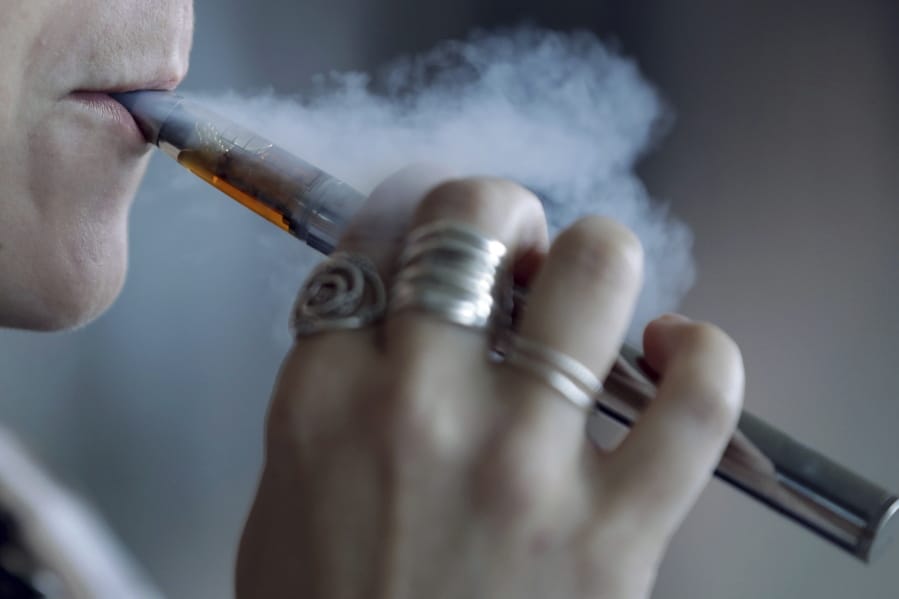Clark County has its first reported vaping-associated lung injury.
Clark County Public Health announced the injury through a news release Thursday afternoon. A woman in her 40s was hospitalized in October due to the lung injury and is now recovering at home, Clark County Public Health Officer Dr. Alan Melnick said. A local medical provider only recently reported the injury to Public Health.
As of Dec. 10, the Centers for Disease Control and Prevention has tracked more than 2,400 hospitalized cases of vaping-associated lung injury as well as 52 deaths nationwide. Twenty-one cases in nine Washington counties have been reported, and Oregon has recorded two deaths.
Melnick said the woman reported that she used THC products once to twice a day, and used nicotine products frequently, purchasing them at local licensed retailers. Melnick said that while THC has been connected more frequently to the injuries, nicotine still has been connected to many of the injuries.
The CDC hasn’t identified one brand or ingredient as the source of the injuries, but it has discovered that vitamin E acetate, a synthetic form of vitamin E found in some vaping products, is a chemical of concern among people with the lung injury, according to the news release. Washington has temporarily banned vitamin E acetate products as well as flavored vaping products.
Melnick said a specific product might have more connection to the injury such as THC or vitamin E acetate, but he said that doesn’t mean other products are definitively safe. He said the fact that this woman purchased products from a licensed retailer proves that point.
“I can’t guarantee a product you buy from a licensed retailer is safe,” Melnick said. “The healthiest option is not smoke or vape, period.”
Those who need help quitting tobacco or vaping products should contact their primary care provider or call the Washington Tobacco Quitline, 1-800-QUIT-NOW, for access to safe, evidence-based treatments. The Washington State Department of Health also offers free cellphone apps for those interested in quitting vaping or tobacco.
Those who continue to use vapor products should monitor themselves for symptoms, such as cough, shortness of breath and chest pain, and promptly seek medical attention if they have concerns about their health.
Melnick said there could be a number of reasons why Public Health found out about the case months after the hospitalization. For example, when the woman was hospitalized in October, it’s possible that no one asked about vaping. Maybe on a follow-up visit someone did ask about vaping, Melnick said.
The symptoms from the injury are similar to severe lung disease: shortness of breath, chest pain and coughing.
“Sometimes these are not recognized right away” as a vaping-associated lung injury, Melnick said.




